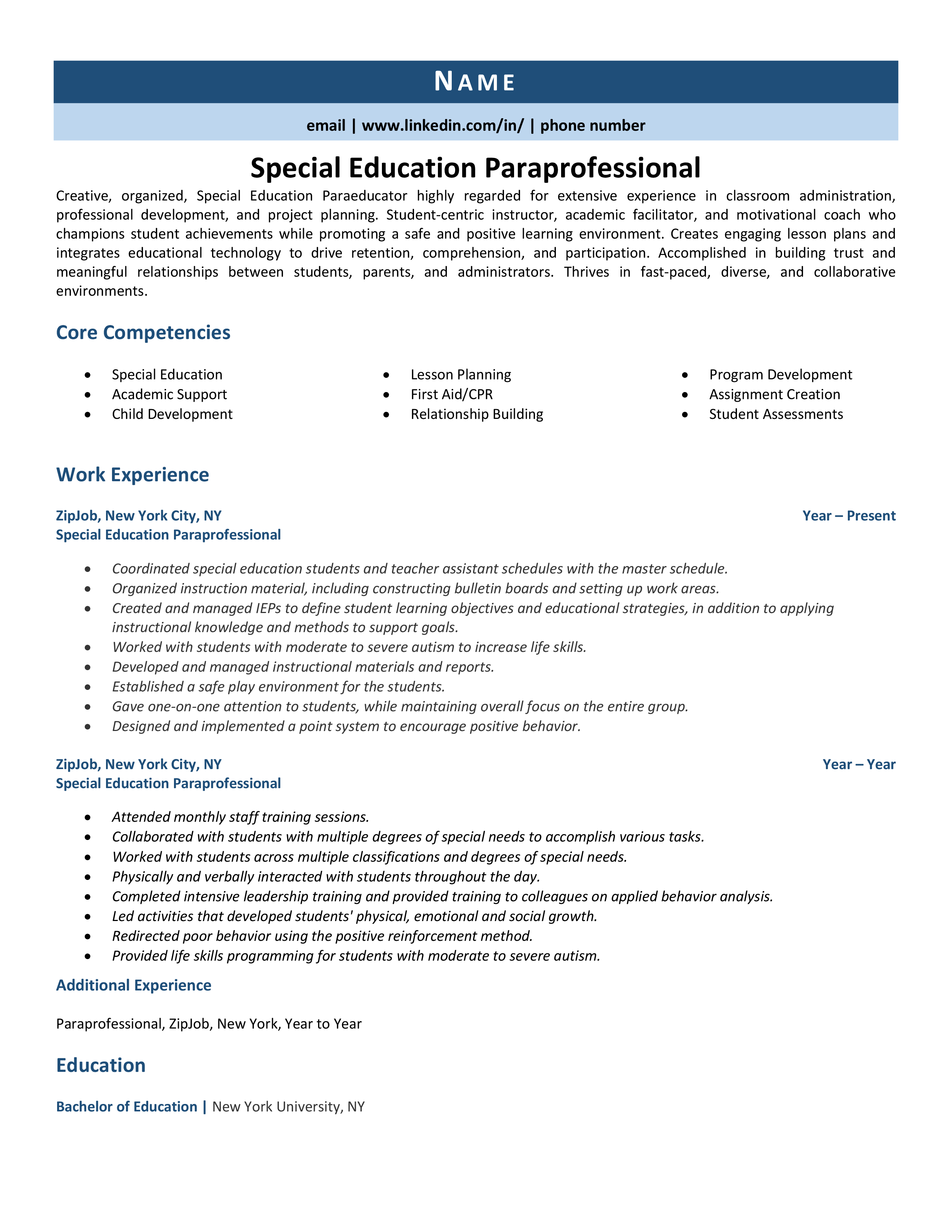
A clinical director job description outlines the duties and responsibilities of a clinical director, a healthcare professional responsible for overseeing the clinical operations of a healthcare facility. This may include managing staff, developing and implementing policies and procedures, and ensuring the quality of patient care.
Clinical directors play a vital role in ensuring the smooth and efficient operation of healthcare facilities. They are responsible for:
- Managing staff, including hiring, training, and evaluating employees
- Developing and implementing policies and procedures to ensure the quality of patient care
- Monitoring and evaluating the performance of clinical staff
- Collaborating with other healthcare professionals to provide comprehensive patient care
Clinical directors must have a strong understanding of healthcare administration and clinical operations. They must also be able to effectively communicate with patients, families, and staff.
1. Leadership
Leadership is a critical component of a clinical director job description. Clinical directors are responsible for providing leadership and direction to clinical operations, ensuring the delivery of high-quality patient care. They must be able to motivate and inspire staff, create a positive and productive work environment, and make sound decisions under pressure.
There are many different styles of leadership, but some of the most important qualities for a clinical director include:
- Vision: Clinical directors must have a clear vision for the future of their department or organization. They must be able to articulate this vision to staff and inspire them to work towards it.
- Communication: Clinical directors must be able to communicate effectively with staff, patients, and families. They must be able to listen to concerns, provide feedback, and resolve conflicts.
- Decision-making: Clinical directors must be able to make sound decisions under pressure. They must be able to weigh the pros and cons of different options and make decisions that are in the best interests of patients.
- Teamwork: Clinical directors must be able to work effectively with others. They must be able to build relationships with staff, patients, and families, and create a positive and productive work environment.
Leadership is essential for clinical directors to be successful in their roles. By developing their leadership skills, clinical directors can create a positive and productive work environment, motivate and inspire staff, and ensure the delivery of high-quality patient care.
2. Management
Management is another critical component of a clinical director job description. Clinical directors are responsible for managing staff, developing and implementing policies and procedures, and monitoring and evaluating the performance of clinical staff. They must be able to effectively plan, organize, and delegate tasks, and create a positive and productive work environment.
- Planning: Clinical directors must be able to plan and organize the work of their department or organization. They must be able to set goals, develop strategies to achieve those goals, and allocate resources effectively.
- Organizing: Clinical directors must be able to organize their department or organization in a way that promotes efficiency and productivity. They must be able to create a clear organizational structure, define roles and responsibilities, and establish clear lines of communication.
- Delegating: Clinical directors must be able to delegate tasks effectively. They must be able to identify tasks that can be delegated to others, and they must be able to trust others to complete those tasks effectively.
- Creating a Positive Work Environment: Clinical directors must be able to create a positive and productive work environment. They must be able to motivate and inspire staff, and they must be able to resolve conflicts and create a culture of respect and collaboration.
Management skills are essential for clinical directors to be successful in their roles. By developing their management skills, clinical directors can create a positive and productive work environment, improve the efficiency and productivity of their department or organization, and ensure the delivery of high-quality patient care.
3. Clinical Expertise
Clinical expertise is a fundamental aspect of a clinical director job description. Clinical directors are responsible for overseeing the clinical operations of a healthcare facility, and they must have a deep understanding of clinical practice in order to do so effectively.
-
Direct Patient Care
Clinical directors must have experience providing direct patient care. This experience gives them a firsthand understanding of the challenges and opportunities involved in delivering high-quality care.
-
Clinical Knowledge
Clinical directors must have a strong foundation in clinical knowledge. This knowledge includes an understanding of medical conditions, treatments, and medications. Clinical directors must also be up-to-date on the latest clinical research and best practices.
-
Quality Improvement
Clinical directors are responsible for ensuring the quality of care provided by their facility. This includes developing and implementing quality improvement initiatives. Clinical directors must have a strong understanding of quality improvement methods and tools.
-
Patient Safety
Clinical directors are responsible for ensuring the safety of patients. This includes developing and implementing patient safety initiatives. Clinical directors must have a strong understanding of patient safety principles and practices.
Clinical expertise is essential for clinical directors to be successful in their roles. By developing their clinical expertise, clinical directors can ensure that their facility provides high-quality, safe, and patient-centered care.
4. Communication
Communication is a critical aspect of a clinical director job description. Clinical directors must be able to communicate effectively with a variety of audiences, including patients, families, staff, and other healthcare professionals. They must be able to clearly and concisely convey information, both verbally and in writing. Clinical directors must also be able to listen actively and be responsive to the needs of others.
-
Interpersonal Communication
Clinical directors must be able to build and maintain strong relationships with patients, families, and staff. They must be able to communicate with empathy and compassion, and they must be able to resolve conflicts effectively.
-
Public Speaking
Clinical directors may be required to give presentations to staff, patients, or the public. They must be able to speak clearly and confidently, and they must be able to engage their audience.
-
Written Communication
Clinical directors must be able to write clearly and concisely. They may be required to write reports, policies, and procedures. They must also be able to communicate effectively with patients and families through written correspondence.
-
Active Listening
Clinical directors must be able to listen actively to patients, families, and staff. They must be able to understand their needs and concerns, and they must be able to respond appropriately.
Communication is essential for clinical directors to be successful in their roles. By developing their communication skills, clinical directors can build strong relationships, resolve conflicts, and effectively lead their teams.
5. Collaboration
Collaboration is an essential aspect of a clinical director job description. Clinical directors must be able to work effectively with a variety of stakeholders, including physicians, nurses, other healthcare professionals, patients, and families. They must be able to build consensus, resolve conflicts, and lead teams to achieve common goals.
There are many different ways that clinical directors can collaborate with others. Some common examples include:
- Working with physicians to develop and implement clinical protocols.
- Collaborating with nurses to ensure that patients receive the best possible care.
- Partnering with other healthcare professionals to provide comprehensive care to patients.
- Working with patients and families to develop treatment plans and goals.
Collaboration is essential for clinical directors to be successful in their roles. By developing their collaboration skills, clinical directors can build strong relationships, resolve conflicts, and effectively lead their teams to provide high-quality patient care.
FAQs on Clinical Director Job Description
This section addresses frequently asked questions (FAQs) regarding the job description of a clinical director, providing concise and informative answers.
Question 1: What are the primary responsibilities of a clinical director?
Clinical directors are responsible for overseeing the clinical operations of a healthcare facility, ensuring the delivery of high-quality patient care. They manage staff, develop and implement policies and procedures, and monitor and evaluate the performance of clinical staff.
Question 2: What qualifications are typically required for a clinical director position?
Clinical directors typically require a master’s or doctoral degree in a clinical field, such as nursing or medicine, along with several years of experience in clinical practice and leadership roles.
Question 3: What are the key skills and qualities that a clinical director should possess?
Clinical directors should possess strong leadership, management, and clinical expertise, as well as excellent communication and collaboration skills. They should be able to effectively lead and motivate teams, make sound decisions, and ensure the delivery of high-quality patient care.
Question 4: What are the career advancement opportunities for clinical directors?
Clinical directors can advance to senior leadership positions within healthcare organizations, such as chief operating officer or chief executive officer. They may also pursue opportunities in consulting or academia.
Question 5: What is the job outlook for clinical directors?
The job outlook for clinical directors is expected to be positive, as the demand for healthcare services continues to grow. The aging population and increasing prevalence of chronic diseases will contribute to the need for qualified clinical directors to oversee the delivery of high-quality patient care.
Question 6: What are the challenges that clinical directors may face?
Clinical directors may face challenges related to managing complex healthcare systems, ensuring compliance with regulations, and responding to the changing needs of patients and healthcare professionals.
These FAQs provide a comprehensive overview of the clinical director job description, highlighting the key responsibilities, qualifications, skills, career opportunities, and challenges associated with this role.
Transition to the next article section…
Tips on Writing a Clinical Director Job Description
A well-written clinical director job description is essential for attracting and hiring the best possible candidates. Here are a few tips to help you create a job description that will get results:
Tip 1: Start with a strong overview
The overview should provide a clear and concise summary of the clinical director’s role and responsibilities. It should also highlight the key qualifications and experience that you are looking for in a candidate. Tip 2: Use specific language
When describing the clinical director’s responsibilities, use specific language that will give candidates a clear understanding of what the job entails. Avoid using vague or general terms. Tip 3: Highlight the key skills and experience
In the qualifications section, be sure to highlight the key skills and experience that you are looking for in a clinical director. This will help you attract candidates who have the right qualifications for the job. Tip 4: Include a salary range
Including a salary range in the job description will help you attract candidates who are within your budget. It will also help you avoid wasting time interviewing candidates who are not willing to work for the salary that you are offering. Tip 5: Post the job description in multiple places
To reach the widest possible pool of candidates, post the job description in multiple places, such as online job boards, professional association websites, and social media. Tip 6: Use a consistent format
Using a consistent format for all of your job descriptions will make it easier for candidates to compare and contrast different positions. It will also make your job descriptions more visually appealing. Tip 7: Proofread carefully
Before posting the job description, be sure to proofread it carefully for any errors. A well-written job description will make your organization look professional and will help you attract the best possible candidates.
By following these tips, you can create a clinical director job description that will help you attract and hire the best possible candidate for your organization.


